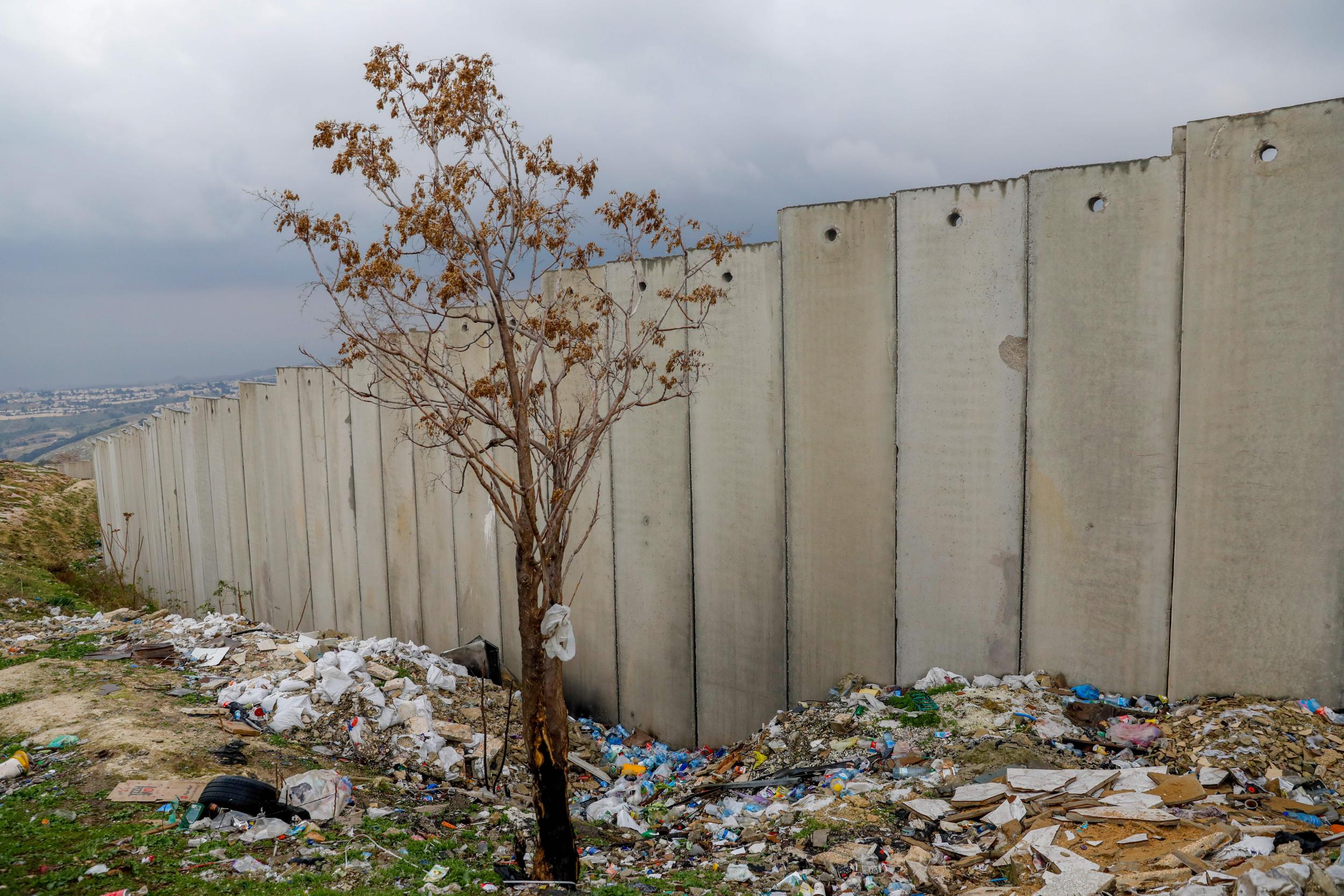UN reveals list of 112 companies with ties to Israel’s settlements in the occupied West Bank
Travel giants Expedia, Tripadvisor and Booking.com among 112 firms 'blacklisted' for links to settlements, which are illegal under international law

The United Nations human rights office has released a list of more than 100 companies it says has business ties to settlements in the occupied West Bank, in the first-ever attempt to name and shame firms, which sparked a fierce backlash from Israel.
Among the 112 listed are international travel giants Tripadvisor, AirBnB, Booking.com, Opodo, Expedia and eDreams. Also named is British company JC Bamford Excavators Ltd, American telecommunications provider Motorola and food maker General Mills.
The report was commissioned in 2016 by the human rights council that requested a “database’ of companies deemed to be linked to or supportive of the settlements, which are illegal under international law.
Following fierce objections by the US, it was repeatedly delayed until Wednesday. The office said the companies’ activities “raised particular human rights concerns.”
Ninety-four are Israeli, the rest hail from six other countries, including the US, France, the Netherlands, Thailand and Britain.
“I am conscious this issue has been, and will continue to be, highly contentious,” UN High Commissioner for Human Rights Michelle Bachelet said in an accompanying statement.
Her office said the report “does not provide a legal characterisation of the activities in question, or of business enterprises’ involvement in them.”
That did little to assuage the anger in Israel, where many expressed concern the companies listed could be targeted for boycotts or divestment.
Israel’s foreign minister, Israel Katz, called the publication of the list a “shameful surrender” to countries and organisations that want to hurt Israel.
The county’s Minister of Strategic Affairs, Gilad Erdan, called it a “disgraceful decision” that will hurt Palestinians working in Israeli settlements.
Benny Gantz, Israel’s ex-army chief and main elections rival to Benjamin Netanyahu, called it “a dark day for human rights “saying the UN’s rights office “has lost touch with reality.”
Palestinian Foreign Minister Riyad Al-Maliki, however, lauded the report as “a victory for international law”.
Rights groups, that had called for the list to be made public, also welcome the decision.
Human Rights Watch said the database helps businesses end "complicity in rights abuses" and “should put all companies on notice”.
“To do business with illegal settlements is to aid in the commission of war crimes,” Bruno Stagno, HRW’s Deputy Executive Director for Advocacy, said.
Airbnb said in November 2018 that it would remove listings in Israeli settlements in the West Bank following backlash.
But it reversed the decision the following April, adding that it would donate proceeds from any bookings in the territory to international humanitarian aid organisations.
Israel captured the West Bank in a 1967 war.
Palestinians deem the settlements, and the military presence needed to protect them, to obstacles to their goal of establishing a state. Israel disputes this.
Join our commenting forum
Join thought-provoking conversations, follow other Independent readers and see their replies
Comments
Bookmark popover
Removed from bookmarks